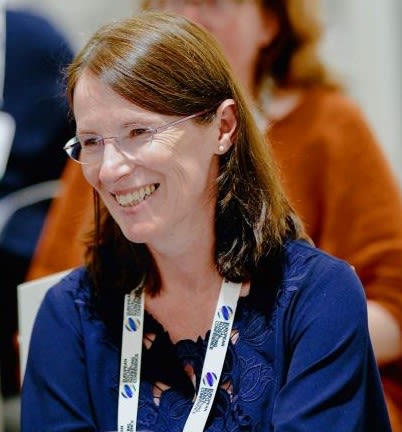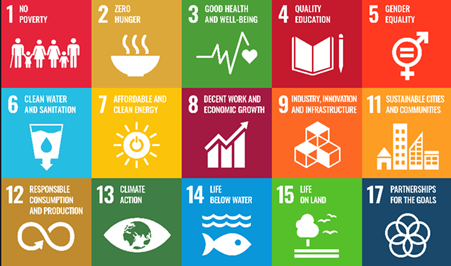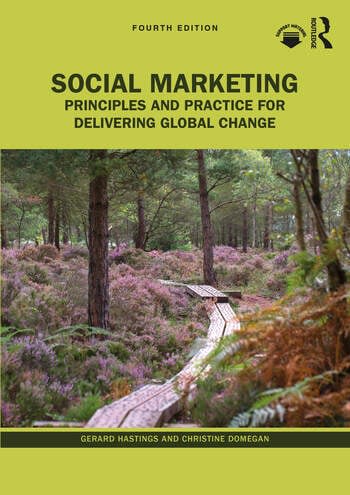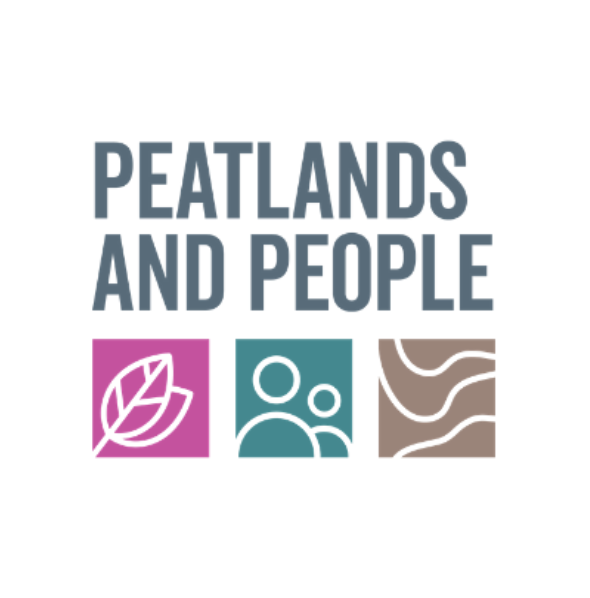Professor Christine Domegan
Personal Professor of Social Marketing;
Head of Discipline
J.E. Cairnes School of Business and Economics, University of Galway

Christine's interests, distinctive skills and leadership lie in three aspects of business and society intersection - research, teaching and management - all focused on critical emerging issues such as sustainability, climate action, systems change and transitions. Christine is Co-Research Lead with Stephen Hynes on Environment and Marine. Her work applies Systems-Thinking Social Marketing for Systemic Change and highly participatory Stakeholder Engagement through a multidisciplinary lens with partners in the UK, Europe, the US, Canada, Australia and New Zealand.
Christine's work contributes to these SDGs
Christine is a co-author of the Social Marketing text book Social Marketing; Principles and Practice for Global Change, Fourth edition (2023) with Professor Gerard Hastings, OBE.
Christine leads the EU-funded LIFE IP project Peatlands and People with stakeholders including Bord na Móna; the Department of Housing, Local Government and Heritage; the Environmental Protection Agency; ERINN Innovation Ltd and the Department of Agriculture Food and the Marine.
Key Targets: 13.3 Build knowledge and capacity to meet climate change
17.17 Encourage effective partnerships
Peatlands and People will carry out significant peatlands restoration and rehabilitation in Ireland's midlands, bringing together best practices and monitoring and analysing carbon storage in the peatlands.
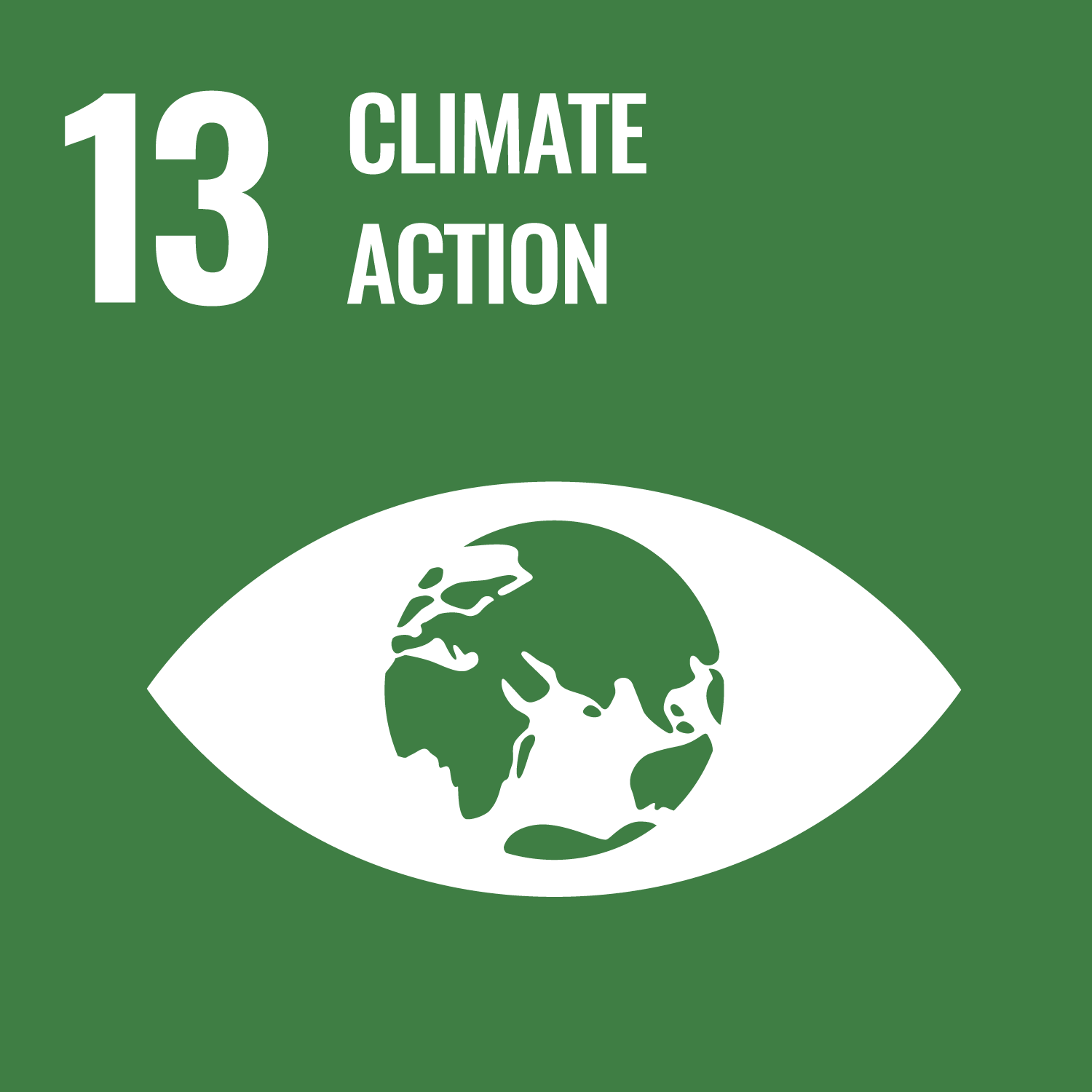
Teaching
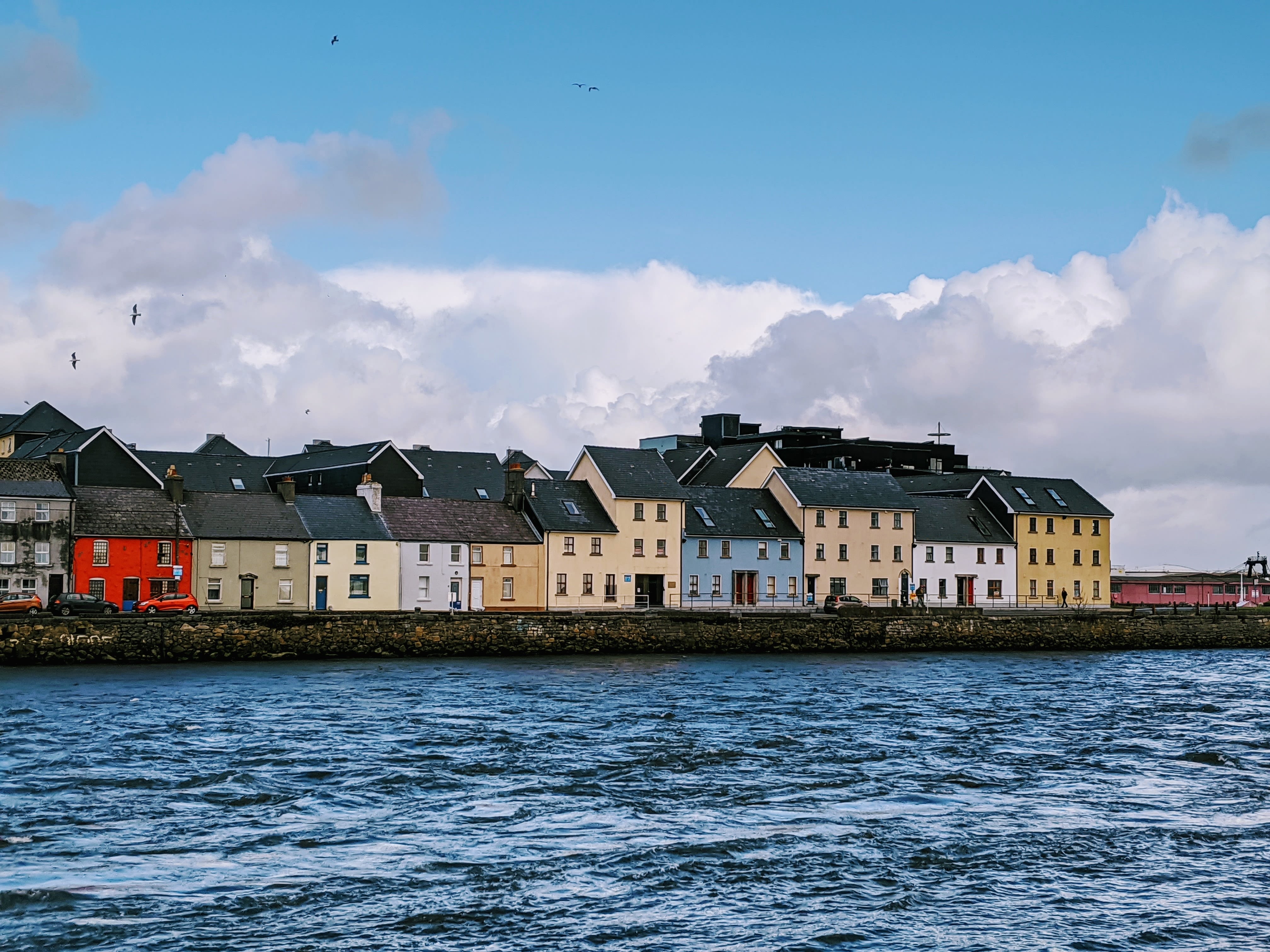
Marketing and Sustainability is an undergraduate course and in common with all of Christine's teaching it is service led and research led with a focus on sustainability. The course is assessed by continuous assessment and aims to expand and deepen students’ knowledge of the key sustainable marketing concepts and their application in society to contribute to the achievement of the UN’s Sustainable Development Goals. Guest lecturers bring in real-world issues to challenge students, and students apply sustainable marketing theory and concepts, e.g., systemic stakeholder analysis, systems dynamic mapping, value-based exchanges analysis and marketing dynamics analysis to demonstrate problem-solving skills in a "real-world" managerial setting.
Focused on Targets: 12.B Promote universal understanding of sustainable lifestyles; 13.0 Climate action; 17.0 Partnership for the goals
Marketing Research is a practical module that explains conceptual and methodological issues that underlie the marketing research process. This module examines the following SDGs: Climate Action, Good Health and Well-being, Quality Education, Decent Work and Economic Growth Industry, Innovation and Infrastructure, Responsible Consumption and Production through project work, examples and case studies.
Supporting Targets: 8.1 Sustainable economic growth, 8.5 Full employment and decent work with equal pay; 10.2 Promote universal social, economic and political inclusion; 12.0 Ensure sustainable consumption and production patterns; 13.0 Climate action; 9.5 Enhance research and upgrade industrial technologies
Social Marketing and Sustainability This postgraduate course challenges students to consider and critically reflect upon the scope for marketing principles, tools and techniques for social change, innovation and societal challenges. Marketing’s insights, concepts and techniques can be applied equally well outside the commercial marketplace in different exchange systems to tackle behaviourally driven social inequalities such as obesity and climate change and drive sustainable goals such as health and wellbeing, sustainable transport and circular economies.
This course shows that Marketing, as a provisioning system for private and public offerings, is a means of influencing our behaviour while Social Marketing, as a multiplicity of stakeholders, including citizens, interacting to create patterns of behaviours, choices and values over time in a dynamic macro–micro context, is a means of influencing our behaviour for the betterment of the individual and society.
Supporting Targets: 10.2 Promote universal social, economic and political inclusion; 11.2 Affordable and sustainable transport systems; 12.5 Substantially reduce waste generation; 13.0 Climate action; 17.0 Partnership for the goals; 8.3 Promote policies to support job creation and growing enterprises
Engagement
The Peatlands and People project features a Just Transition Accelerator programme for innovation and focuses on low-carbon and circular economies to support the region economically. The project also includes a new flagship visitor experience in Ireland's Midlands, which will showcase Greening Ireland, a place where visitors can experience sustainable living in action demonstrating how we can co-exist in harmony with nature.
Christine's work values citizen contribution and considers how best to optimise deliberation and co-design by experts, citizens and politicians using systems science tools that facilitate collective intelligence and collective action.
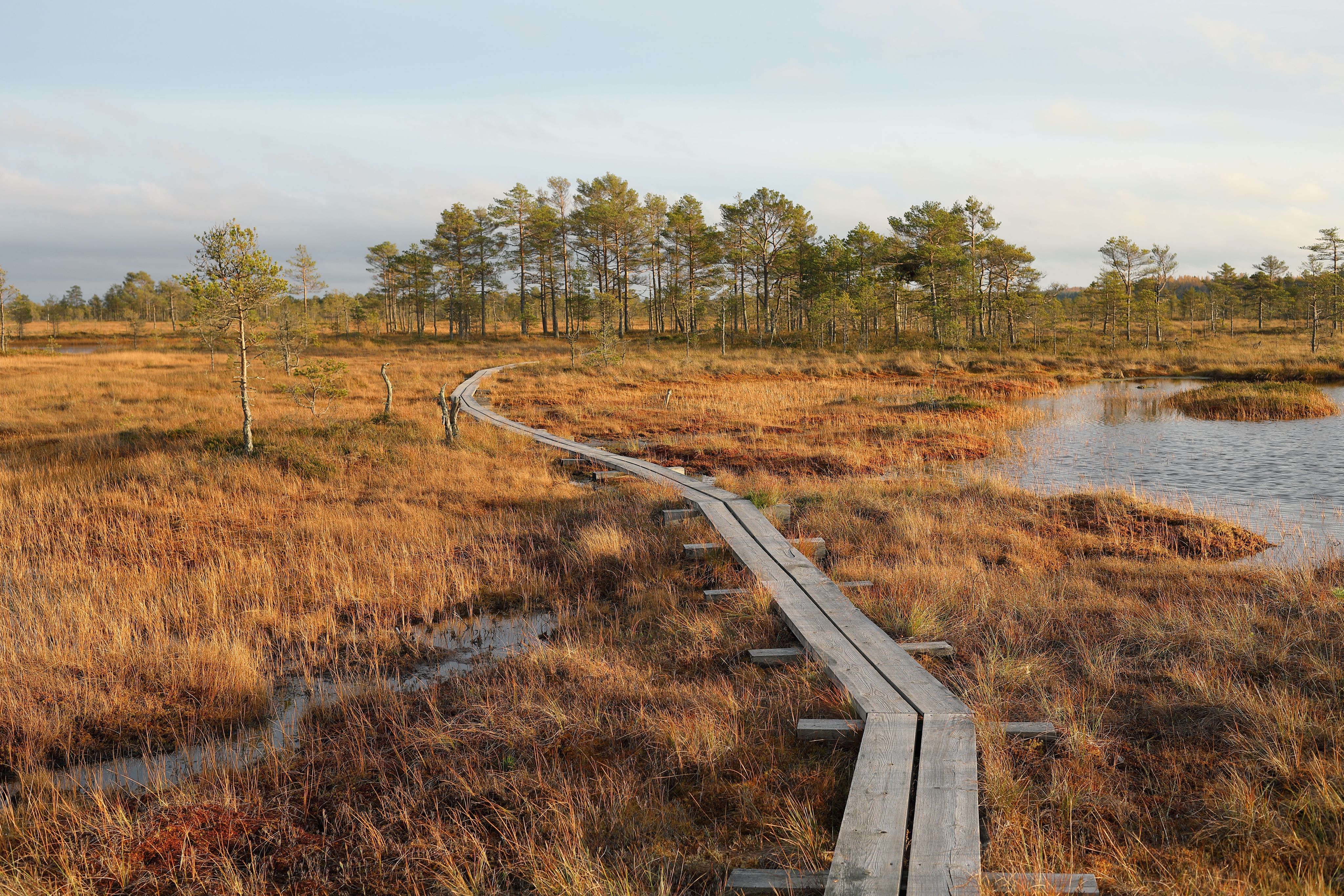
Direct impact SDG Targets
2.4 - Sustainable food production and resilient agricultural practices
3.3 - Fight communicable diseases
3.B - Support research, development and universal access to affordable vaccines and medicines
4.6 - Universal literacy and numeracy
4.7 - Education for sustainable development and global citizenship
4.A - Build and upgrade inclusive and safe schools
5.5 - Ensure full participation in leadership and decision-making
6.3 - Improve water quality, wastewater treatment and safe reuse
6.6 - Protect and restore water-related ecosystems
6.B - Support local engagement in water and sanitation management
7.2 - Increase global percentage of renewable energy
7.A - Promote access to research, technology and investments in clean energy
8.1 - Sustainable economic growth
8.2 - Diversify, innovate and upgrade for economic productivity
8.3 - Promote policies to support job creation and growing enterprises
8.4 - Improve resource efficiency in consumption and production
8.5 - Full employment and decent work with equal pay
8.6 - Promote youth employment, education and training
8.9 - Promote beneficial and sustainable tourism
9.1 - Develop sustainable, resilient and inclusive infrastructures
11.2 - Affordable and sustainable transport systems
11.4 - Protect the world’s cultural and natural heritage
11.7 - Provide access to safe and inclusive green and public spaces
12.2 - Sustainable management and use of natural resources
12.6 - Encourage companies to adopt sustainable practices and sustainability reporting
12.7 - Promote sustainable public procurement practices
12.8 - Promote universal understanding of sustainable lifestyles
13.3 - Build knowledge and capacity to meet climate change
14.1 - Reduce marine pollution
14.2 - Protect and restore ecosystems
14.4 - Sustainable fishing
14.5 - Conserve coastal and marine areas
14.A - Increase scientific knowledge, research and technology for ocean health
15.1 - Conserve and restore terrestrial and freshwater ecosystems
15.5 - Protect biodiversity and natural habitats
17.14 - Enhance policy coherence for sustainable development
17.15 - Respect national leadership to implement policies for the sustainable development goals
17.16 - Enhance the global partnership for sustainable development
17.17 - Encourage effective partnerships
Indirect SDG Targets
1.5 - Build resilience to environmental, economic and social disasters
9.4 - Upgrade all industries and infrastructures for sustainability
15.9 - Integrate ecosystem and biodiversity in governmental planning
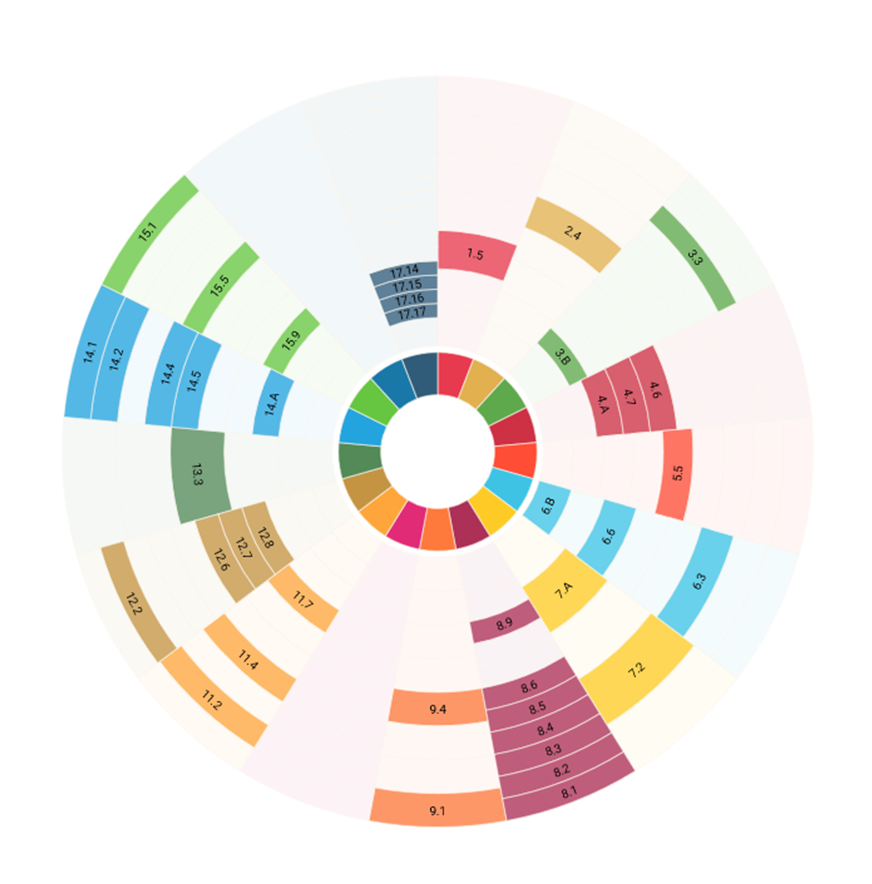

Research

Featured Publications
Christine's work explores how to best protect and develop Ireland’s green, blue and brown spaces to benefit our health and wellbeing. Her work focuses on critical emerging issues such as sustainability, climate action, systems change and transitions.
|
Reference |
SDGs |
|
McHugh, P., Dromgool-Regan, C., Domegan, C. T. and 1 more (...) (2024). Collective impact for ocean literacy – inspiring the next generation of ocean champions using social marketing. European Journal of Marketing. |
12; 16 |
|
Domegan, C. T., Flaherty, T., McNamara, J. and 12 more (...) (2024). Perfectly imperfect and muddling through for sustainable futures. European Journal of Marketing. |
6; 8; 9; 13 |
|
Brychkov, D., Goggins, G., Doherty, E. and 12 more (...) (2023). Correction to: A systemic framework of energy efficiency in schools: experiences from six European countries. Energy Efficiency, 16(4), 21. doi:10.1007/s12053-023-10099-4 |
12 |
|
Watson, F., Stanton, J., Beninger, S. and 3 more (...) (2022). Teaching What Society Needs: “Hacking” an Introductory Marketing Course with Sustainability and Macromarketing. Journal of Marketing Education, 44(3), 375-389. |
4 |
|
Brychkov, D., Domegan, C., McHugh, P. (2022). Coming and Going in Loops: Participatory Modelling of a System with All its Complexity. Journal of Macromarketing, 42(1), 12-29. |
16 |
|
Layton, R., Domegan, C., Duffy, S. M. (2022). Getting Things Right; Diagnose and Design in the Evolution of Community Provisioning Systems. Journal of Macromarketing. |
8; 13 |
|
Kubacki, K., Parker, L., Domegan, C. and 1 more (...) (2022). The Routledge Companion to Marketing and Society. |
5; 8; 16 |
|
Domegan, C. (2021). Social marketing and behavioural change in a systems setting. Current Opinion in Environmental Science and Health, 23. |
12; 13; 16 |
|
Shapiro, S., Beninger, S., Domegan, C. and 3 more (...) (2021). Macromarketing Pedagogy: Empowering Students to Achieve a Sustainable World. Journal of Macromarketing, 41(1), 104-115. |
4 |
|
Britton, E., Domegan, C., McHugh, P. (2021). Accelerating sustainable ocean policy: The dynamics of multiple stakeholder priorities and actions for oceans and human health. Marine Policy, 124. |
13; 14; 16 |
|
Layton, R. A., Domegan, C. (2021). The Next Normal for Marketing — The Dynamics of a Pandemic, Provisioning Systems, and the Changing Patterns of Daily Life. Australasian Marketing Journal, 29(1), 4-14. |
9; 13 |
|
Kindermann, G., Domegan, C., Britton, E. and 3 more (...) (2021). Understanding the dynamics of green and blue spaces for health and wellbeing outcomes in Ireland: A systemic stakeholder perspective. Sustainability (Switzerland), 13(17). |
10 |
|
Bardus, M., Domegan, C. T., Suggs, L. S. and 1 more (...) (2021). Engaging students and communities through service learning and community-academia partnerships: Lessons from social marketing education. Research Anthology on Business and Technical Education in the Information Era, 832-856. |
12; 16 |
|
Domegan, C., Brychkov, D., McHugh, P. and 4 more (...) (2020). Marketing systems: A Listen, Learn, Leverage Framework. Journal of Macromarketing, 40(3), 380-395. |
3 |
|
Hogan, M. J., Johnston, H., Broome, B., McMoreland, C., Walsh, J., Smale, B., Duggan, J., Andriessen, J., Leyden, K. M., Domegan, C., McHugh, P. (2015). Consulting with citizens in the design of wellbeing measures and policies: Lessons from a systems science application. Social Indicators Research, 123, 857-877. |
3.0, 3.4; 8.1, 8.5; 1.0, 1.2; 11.2, 11.7 |


